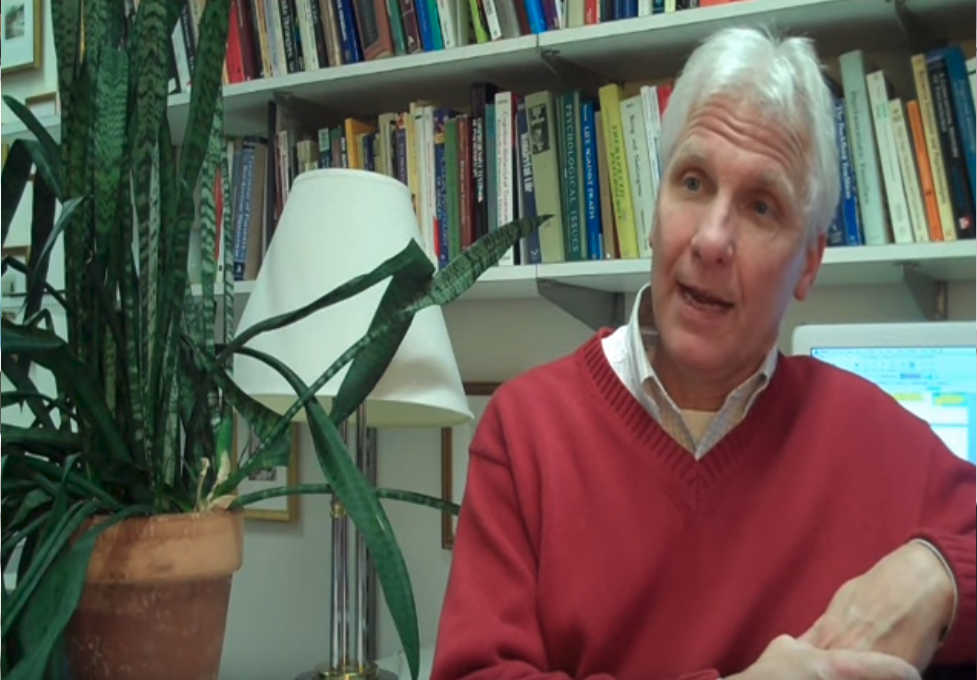SDT research has made important contributions to understanding how humanity can address problems of environmental sustainability. The fundamental problem is that human burdens on the natural systems we and other species depend on are so great that they are reducing the capacity of those systems to provide what we and other species need to survive and flourish. As evidence and information about the unsustainability of our way of life has grown, corrective action has lagged, however. Information alone is not sufficiently motivating, so the psychology of motivation, well-being, cooperation, materialism, and life-goal orientations is very important to finding a constructive way forward.
SDT research has identified causes and consequences of materialistic values and extrinsic life-goal orientations that are helpful to the cause of environmental sustainability and preservation of nature. The most important finding is that there is a bi-directional positive causal relationship between materialism and unhappiness. Unhappiness predicts materialism, and materialism predicts unhappiness. Aristotle was right when he argued that endless accumulation of wealth is not a path to happiness.
SDT’s basic psychological need theory (BPNT) and contributions to the understanding of human flourishing clarify what human beings need to focus on in order to live well now and also – by preserving the natural basis for the well-being of future generations – in the future. On a deeper theoretical level, SDT research on human flourishing identifies what is objectively essential to living well. From a philosophical and policy perspective, this is important to conceptualizing sustainability, defined as living in ways that preserve opportunity to live well into the future. It provides a science-based foundation for shifting policy priorities away from environmentally devastating economic growth to ones that can provide more people opportunities to live well with less environmental impact.





